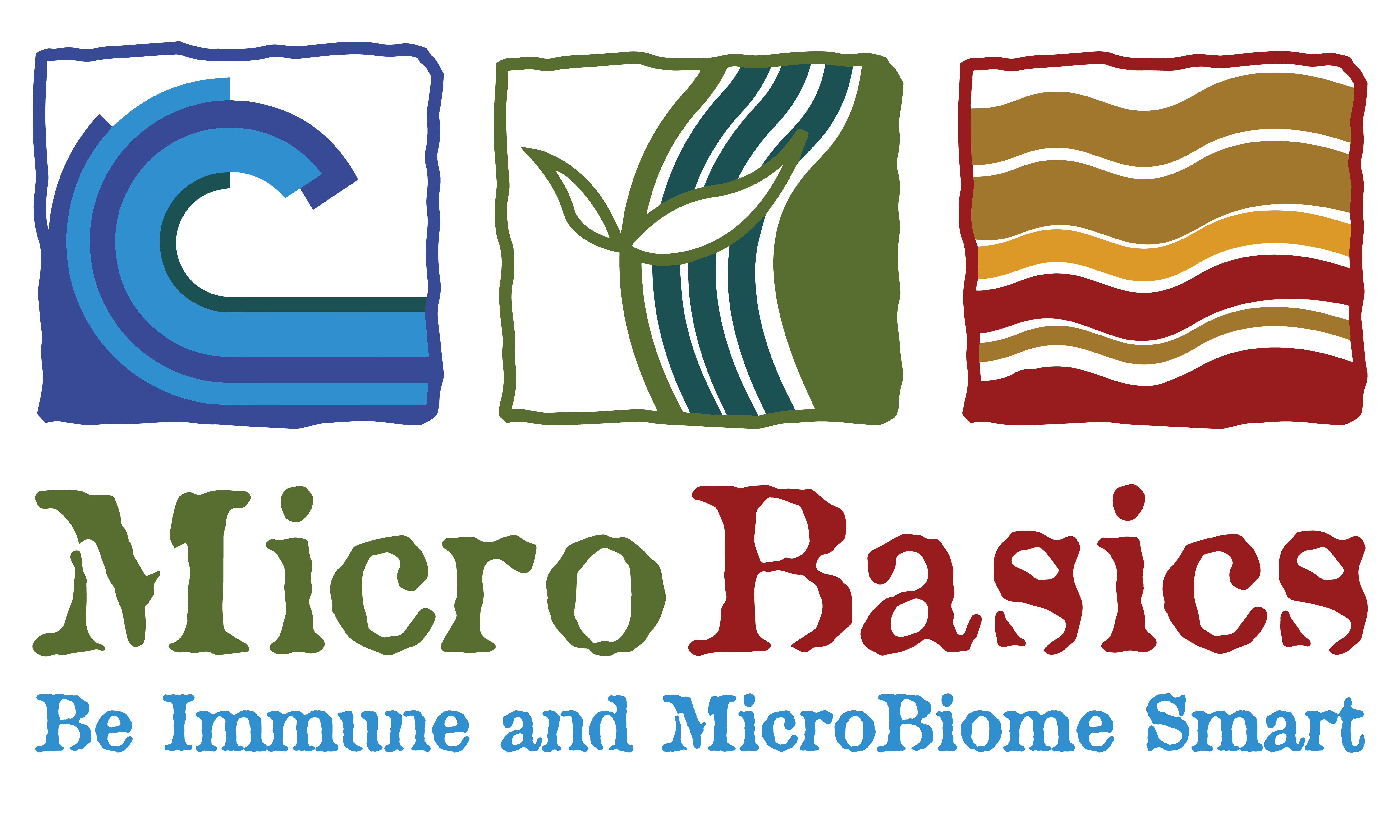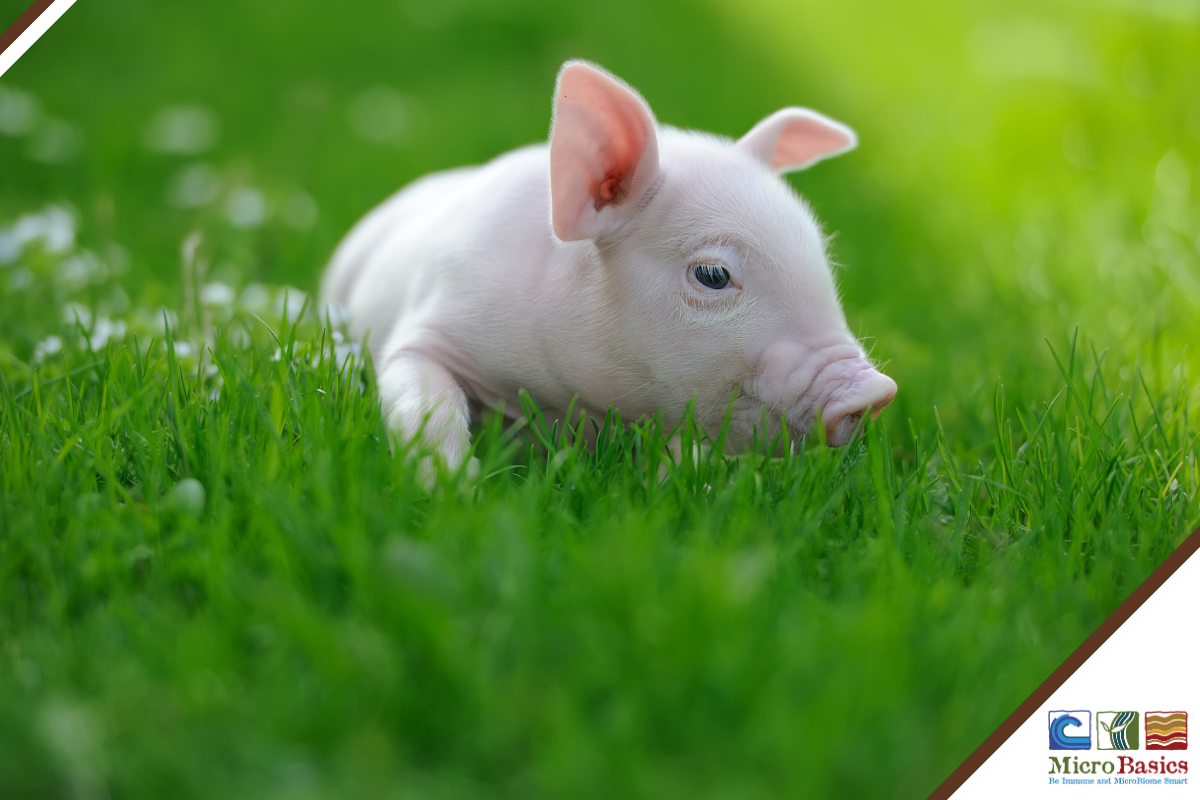The gut microbiota of swine have very important functions in the health and well-being of the animal. The gut microbiome provides the pig with many factors including improved energy availability, production of volatile fatty acids, production of vitamin K, cellulose fermentation, and improved resistance to harmful bacteria.
The gastrointestinal tract (GIT) of swine harbors a diverse and complex microbial community. The total number of bacteria in the colon of swine has been estimated to be 1×1010 – 1×1011 per gram of gut content.
Factors Influencing the Microbial Population
The gut of neonate pigs is believed to be sterile at birth and undergoes a fascinating shift to an extremely dense microbial population. The composition of the intestinal microbiota is shaped in early life by several complex internal and external factors.
- Diet
- Stress
- Feeding probiotics and/or prebiotics
- In-feed antibiotics
Weaning Transition
Understanding the dynamics of pig gut microbiota and the changes there during the weaning transition is currently of huge interest to the swine industry, as it influences the lifetime growth and performance of the animal.
Stress at weaning can contribute to intestinal and immune dysfunction that leads to impaired piglet health and growth performance. Weaning stress causes physiological changes in intestinal structure and function, and a shift in microbial populations. Recent studies suggest that the gut microbial composition at weaning could be used to predict health status of the piglets.
Effects of Diet on Gut Microbiota
The first year of life is important in establishing the gut microbiota of animals. This establishment is heavily influenced by diet. Shifts in gut microbiota happen as the piglet goes from a diet of milk to one of dry feed. Fiber content of the dry feed also impacts the microbial population. Some studies show that including alfalfa or alfalfa meal pre or post weaning had positive impacts on butyrate producing microbes.
As more research is conducted in this area, we can be more confident in feed formulation to include feedstuffs that promote microbial diversity and support the health of the gut. Ultimately resulting in a more productive animal.
Conclusion
The composition and diversity of piglet gut microbiota in early life is not fixed and can be influenced by several factors. Weaning is a stressful time where the animal is more susceptible to disease. Although the functional roles of each microbe family are not fully understood, we can do our best to maintain diversity and support growth of those microbes that we do know benefit the pig.
During early life, and at stressful periods such as weaning, we can defend against pathogens, support intestinal integrity, microbe diversity, enhance immune function, and calm inflammation by providing the animal with Surveillance Pig. Surveillance Pig is a blend of bacillus probiotics, yeast culture, yeast cell wall, functional prebiotics, yucca shidigera, and other functional plant extracts.
Here’s to happier, healthier, and more productive piglets in the future!
Written by: Mariah Gull, M.S.

